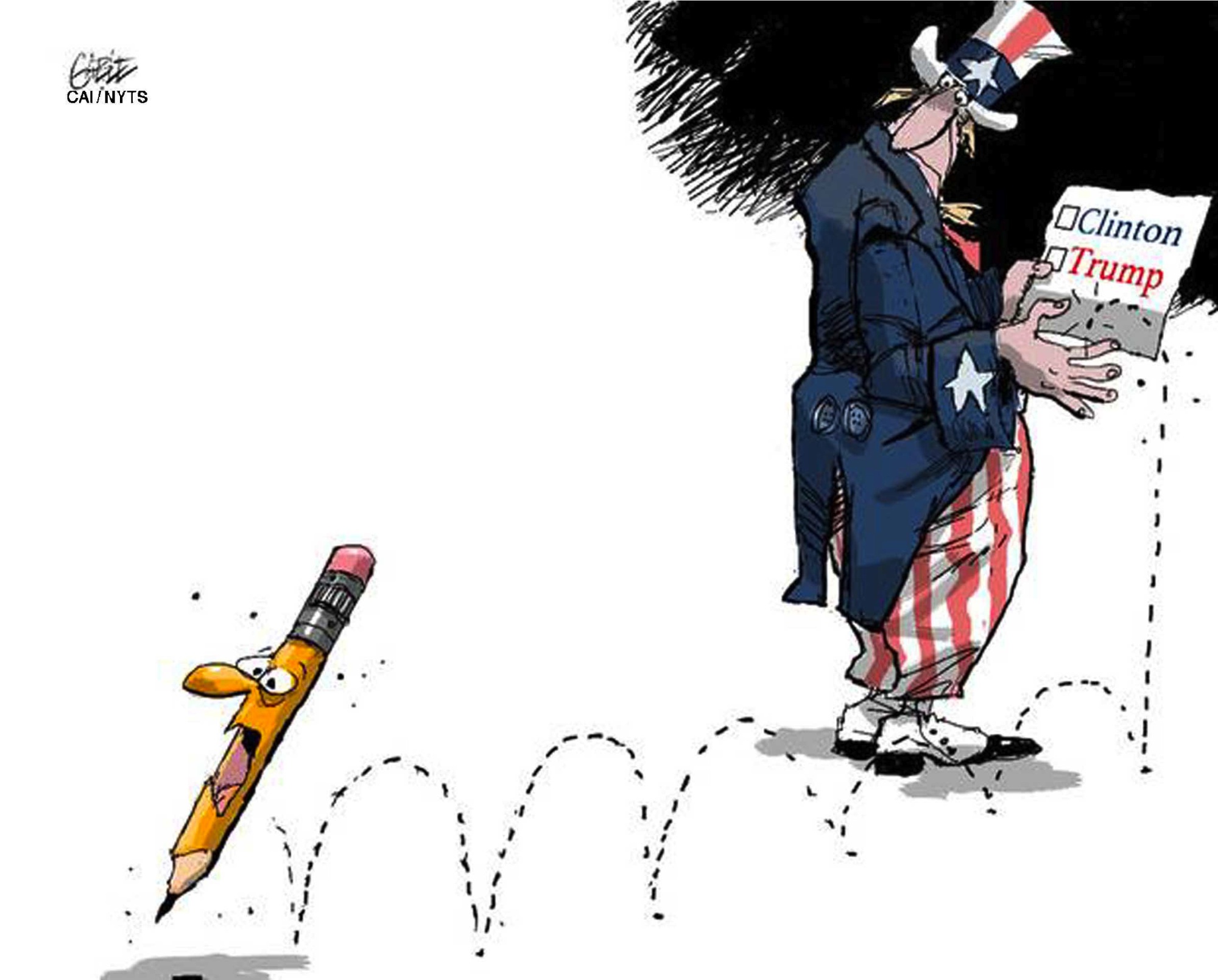There are two truths about the Electoral College: It ought to be abolished, and it never will be. Calls for changing the constitutional election system abound now that Hillary Clinton has won the popular vote and lost the electoral vote, as Al Gore did in 2000. But it turns out that the same Constitution that enshrines the Electoral College effectively protects the small states from an amendment they don't want. The problem goes back to the nation's founding — and short of abolishing the states as effective sovereigns, it basically can't be fixed.
The small states that benefit from candidates' attention would never consent to being marginalized through a proportional system that favors the interests of densely populated states. But replacing the Electoral College would take a constitutional amendment approved by two-thirds of both houses of Congress and three-quarters of the state legislatures. Even if the first bar could be cleared — which is wildly unlikely — overcoming the second is unimaginable.
The Catch-22 is no accident. It goes back to the Philadelphia Constitutional Convention and the summer of 1787. The most enlightened Founders, including James Madison, pressed hard for a proportional Senate alongside the proportional House. The small states blocked it. And along the way, the small states also entrenched an amendment process that makes it essentially impossible to overcome their will.


















With your current subscription plan you can comment on stories. However, before writing your first comment, please create a display name in the Profile section of your subscriber account page.